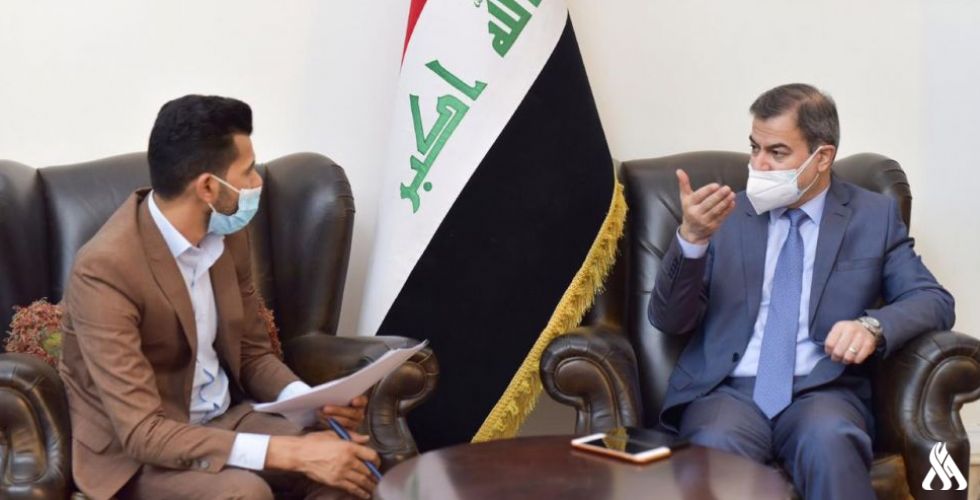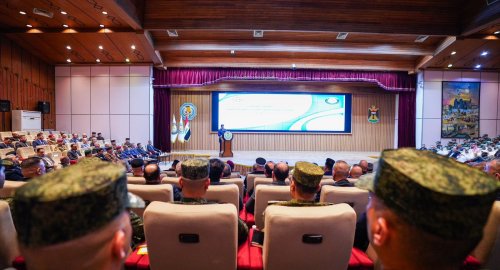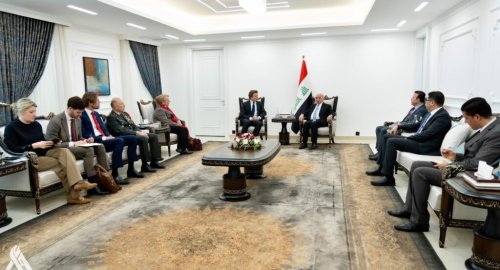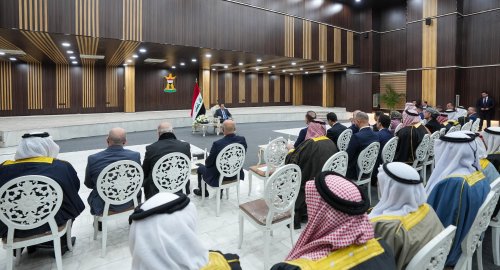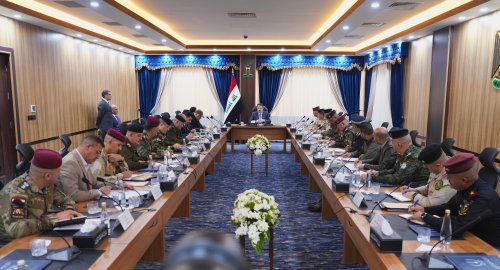
The Parliamentary Committee Details the Amendments to the Narcotics Law

- 21-09-2024, 14:07
Baghdad – INA
The Parliamentary Committee on Combating Drugs and Psychotropic Substances accentuated the urgent necessity for cohesive participation from all state institutions to effectively address the drug crisis.
The committee reported that amendments to Law No. 50 of 2017 have progressed to their final stages, incorporating substantial modifications concerning punitive measures and administrative frameworks.
MP Adnan Al-Juhaishi, the head of the committee , told the Iraqi News Agency (INA) that "following the issuance of the parliamentary mandate, the committee has diligently engaged in two principal initiatives: the amendment of Law No. 50 of 2017 and the implementation of the recommendations ratified by the Parliament."
He elaborated, "The revised law is completed for presentation to the Parliament for a vote after the final adjustments are made. It encompasses several pivotal dimensions: first, it seeks to engage all state institutions in comprehensive drug prevention strategies; second, it emphasizes health-oriented measures in collaboration with the Ministry of Health, focusing on the establishment of rehabilitation centers for individuals struggling with addiction. The third dimension introduces enhanced punitive measures, escalating sentences from life imprisonment to the death penalty, applicable to both international and local traffickers, contingent upon the severity of the offence and the volume of narcotics involved. Furthermore, significant administrative reforms include promoting the Director-General of Drug Control to the rank of Deputy Minister."
Al-Juhaishi further stated, "The law aims to fund drug control initiatives through the confiscated assets of drug traffickers, supplemented by governmental support."
He underscored, "Recent operations have led to the apprehension of international traffickers, signifying considerable advancements in the effectiveness of executive authorities. In the past seven months, approximately 4 tons of narcotics have been seized through cooperative efforts with regional and neighboring nations."
He concluded by highlighting that "the committee has convened conferences in numerous provinces and governmental institutions, reflecting an ongoing commitment to combat this pressing issue. While a national resolve to tackle drug abuse is evident, the involvement of all state institutions—beginning at the household level—is imperative to effectively mitigate this pervasive phenomenon."
US Central Command: We killed ISIS terrorist leader Abu Yusuf in Syria
- International
- 24/12/20
Liverpool compete with Real Madrid to sign Olympique Lyonnais star
- Security
- 24/12/19
ISC, ADX discuss Strengthening Economic Ties
- Economy
- 24/12/16
Iraq assumes presidency of Arab Investment Company’s Executive Board
- Economy
- 24/12/17

